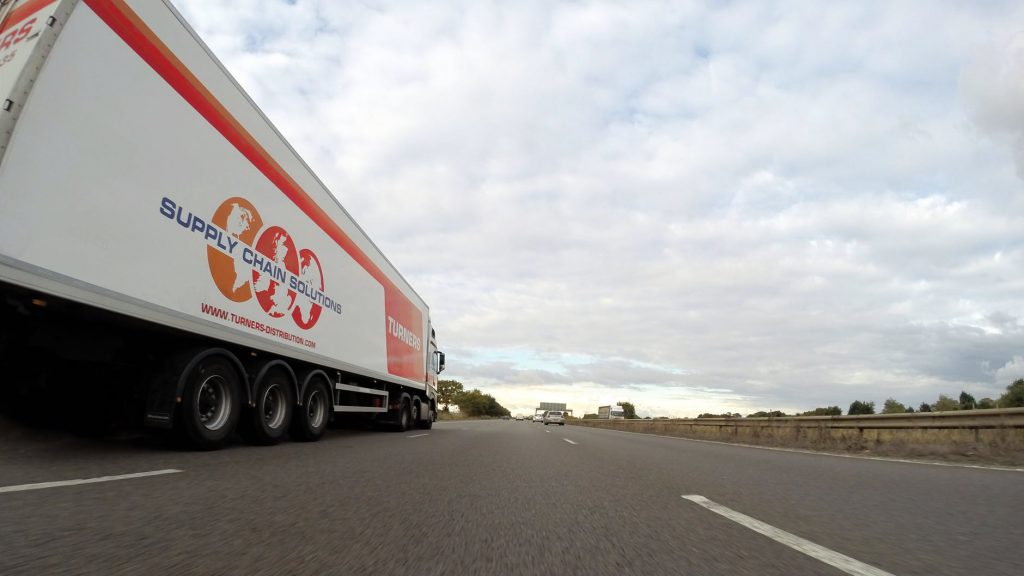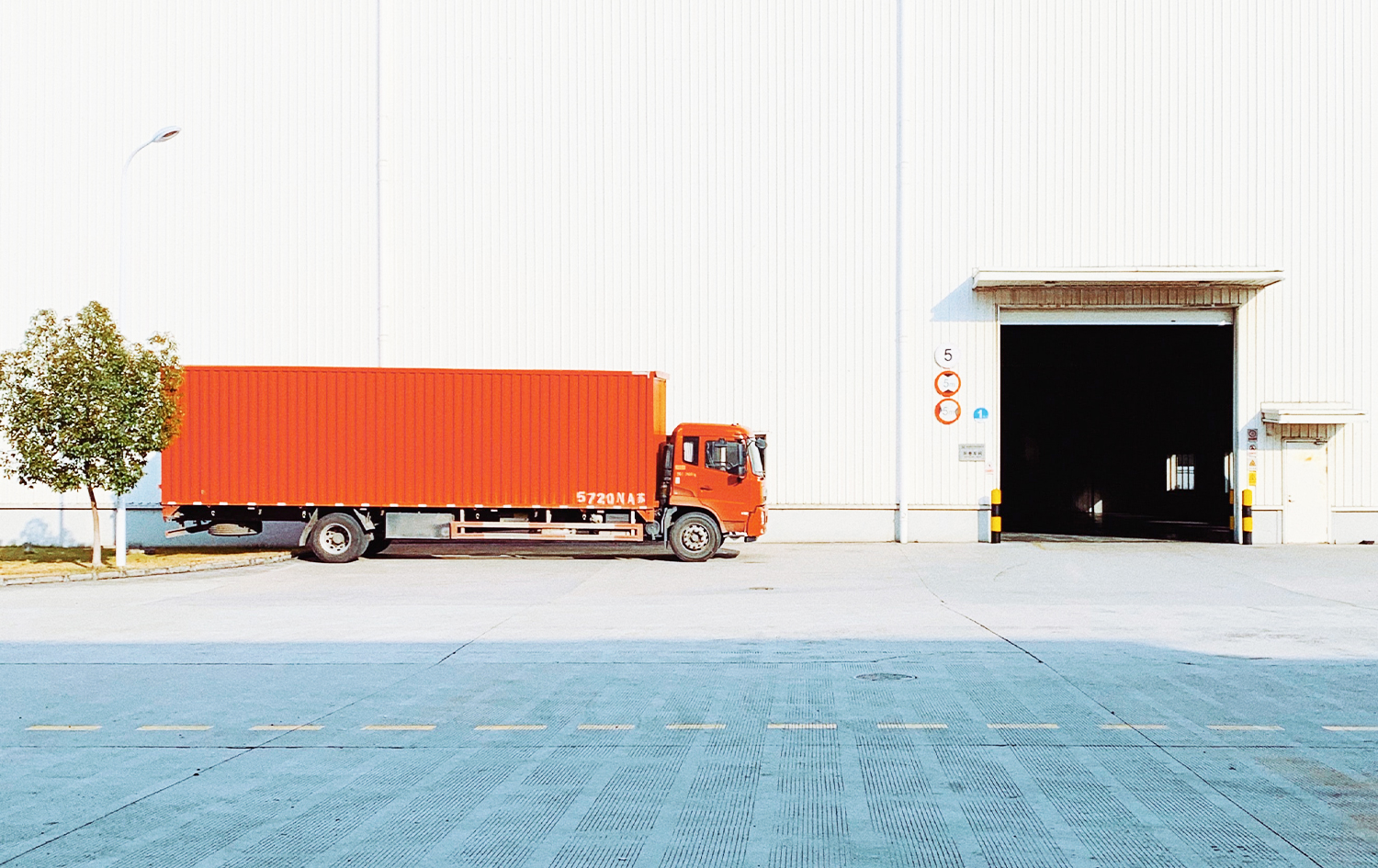Almaks GPS solution for fleet management is applicable in all spheres of transport activity, from commercial transport to private cars, including trucks that exceed huge mileages, taxis, all the way to corporate fleets.
Option-rich modules, customizable software and insightful reports are features that can easily be tailored to your fleet's needs and give you the instant information you need to make key decisions.
Almaks GPS enables the creation of applications based on SDK modules, integration with other solutions, as well as connection with numerous electronic payment systems. Almaks GPS is proud of its compatibility with a large number of tracking systems, thus becoming a professional business solution for monitoring the behavior of drivers and courier services.
The GPS system offered in the service of international transport is operational in more than 50 countries around the world, in addition to locating, monitoring and managing vehicles in real time, the system allows data to be archived for the purpose of their subsequent search and use for creating various reports.
In addition to standard functions and additional peripherals, it is integrated on the platform of the largest international transport exchange TimoCom, (as well as "Fourkites"), and the Almaks GPS application is certified by the HU-GO portal, which makes it easier for transporters to regulate Hungarian tolls. The system can be GPS basic or advanced (CANBUS) tracking.

Standard functions

Tracking the path of the vehicle
o Driver identification, tracking kilometers traveled and working hours per driver and vehicle
o Audible warning to the driver on exceeding the maximum vehicle speed and engine speed
o Engine speed control
o Gas pedal pressure
o Fuel level control
o Battery voltage
o Automatic sending SMS notifications on exceeding the speed of the vehicle and the number of engine revolutions
o Automatic sending reports to e-mail(daily, weekly and monthly)
o Resource notification regular servicing - the possibility of creating a vehicle service book and alerting of upcoming services (or something similar)
o Exceeding the speed limit in relation to the speed limit on the road, or a certain section of the road
o Audible warning of driving style violations (sudden braking, acceleration, turning)
o Integration with larger fuel suppliers on the territory of Serbia
In addition to standard system functions, we can also offer a wide selection of additional equipment and peripherals, such as panic buttons and micro switches, fuel level sensors (for trucks and delivery vehicles with calibration), engine start blocking...
TAPA STANDARD
The TAPA standard is an unavoidable topic when it comes to international transport, an obligation prescribed and defined by law. Transport of goods and logistics, transport of people and forwarding services have experienced a huge expansion in the last two decades. The increasing demand for services in this area over time created a more complex organization and a larger number of people professionally engaged in transport. Which also requires significant investments for everyone involved in transport.
What is the goal of the TAPA standard?
This was the reason it was founded TAPA organization, that is, Association for the Protection of Transported Property (Transported Asset Protection Association), which has more than 700 members and has three main branches - TAPA America, TAPA EMEA (Europe, Middle East and Africa) and TAPA APAC (Asia and Pacific). Obtaining a TAPA certificate guarantees the safe and secure transportation of valuable assets, protects employees, and also the company's reputation.
TAPA fights cargo theft with the help of real-time information and represents the development and application of global security standards, practice, technology, education... Practice has shown that the most frequent thefts are pharmaceutical products, electronics, clothing, premium food products, tobacco, auto parts, building materials.
The safety standards of the TAPA organization are:
- FSR - cargo security requirement
- TSR - request for truck safety
Who uses the TAPA standard?
Companies that store very valuable goods apply the FSR standard in order to protect their warehouses, as well as the warehouses of companies that transport goods for them. On the other hand, the truck safety requirement represents minimum standards, specifically designed for the road transport of products in the supply chain.
The fact is that TAPA is a unique organization that unites global manufacturers, carriers, logistics providers, law enforcement agencies and whose mission is to minimize losses in the supply chain. It is precisely for this reason that leading forwarders join the organization in order to certify their facilities, as well as the storage and preservation of goods.
How to get TAPA certificate?
In order to meet TAPA requirements, the competent certification company can perform various checks within the company's operations, such as checking employees, checking tracking systems, warehouses where valuable goods are stored, checking distribution centers, anti-intrusion devices...
The process of obtaining a TAPA certificate can take a long time and require financial investments. It is not an option if you are engaged in certain activities, but something that represents an obligation, in terms of safety guarantees. It is also a guarantee in terms of quality throughout the supply chain.
GPS tracking devices and TAPA standard
The TAPA standard can only be met with GPS tracking devices, which means having and installing peripheral devices on the vehicle, both mobile and fixed. It differs from a standard GPS tracking device in that it is additionally installed on the vehicle trailer itself, since the standards regulate the complete safety of both the vehicle itself and the goods being transported, as well as the trailer itself.
Cargo space is additionally provided with panic buttons. For this reason, the peripheral device that is installed on the trailer must have a backup battery, as well as a trailer uncoupling notification system, in addition to the standard safety notification in the vehicle cabin. With the panic buttons, the driver reports when he is in danger to his control center, which monitors him 24/7, while the cargo area is secured by an alarm that monitors the doors. We should also mention the claw, which is attached to the wedge of the tractor trailer, and is a mandatory part of the equipment according to TAPA standards, but at the moment it does not exist in the offer we provide to our users.
The personal GPS device, which according to TAPA standards must be owned by the driver, must also work separately from the truck, regardless of the driver's location, and regardless of the distance from the vehicle. For these purposes, the identifier must have a mobile panic button. This is a separate unit from other peripherals, with its own GPS and GSM module, its own mobile card and battery.
Additional peripherals defined by TAPA standards that must be owned are the following:
– 1 panic button in the cabin (fixed on the instrument panel, a switch that the driver can press at any time)
– 1 sensor on the door of the cargo area (connected to the GPS device in the cabin, sends a notification in case of unauthorized opening of the door)
– 1 alarm system (reacts in the form of sound signaling when it is armed to the following notifications: opening of the cargo area door, opening of the cabin door).


